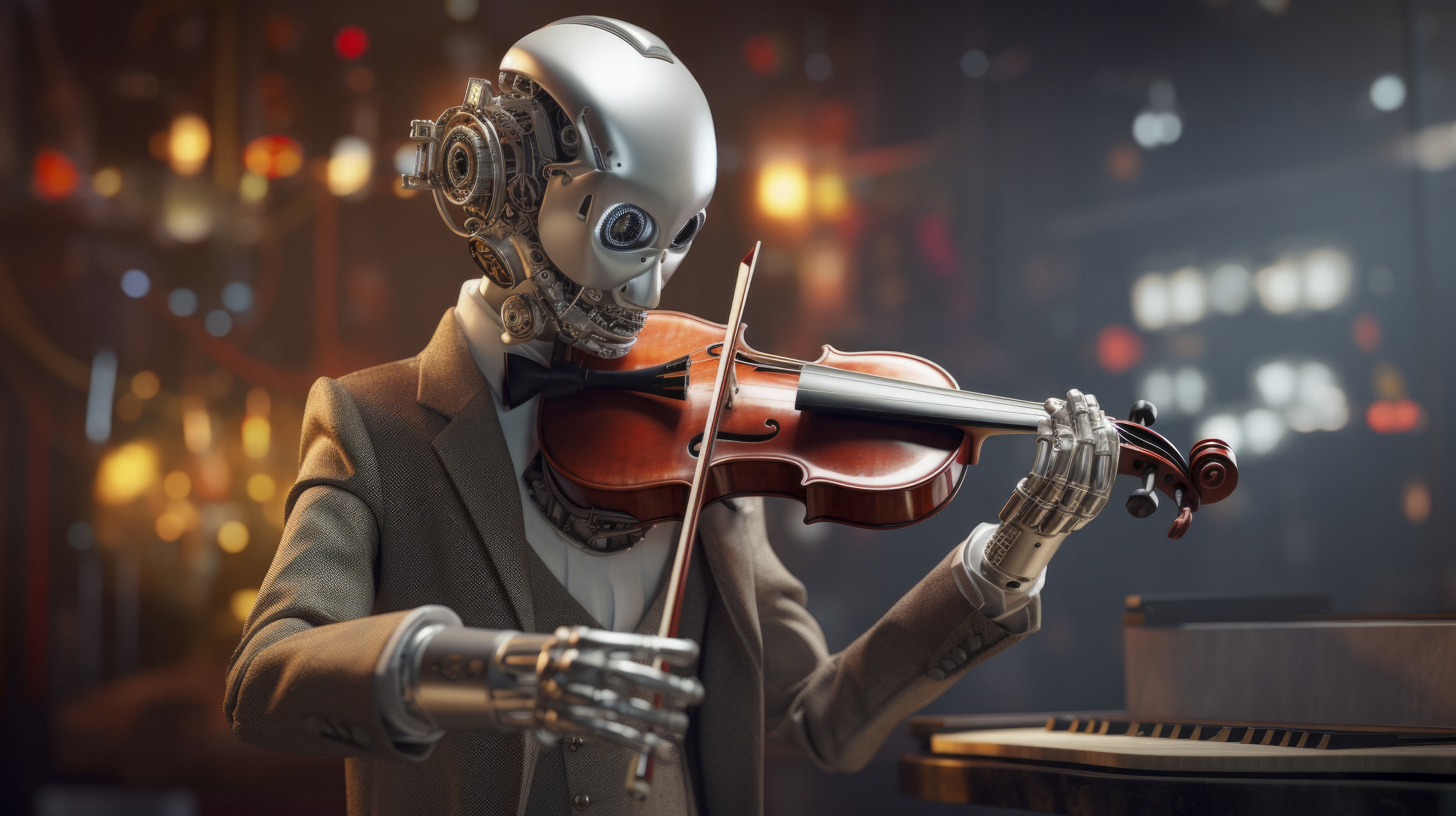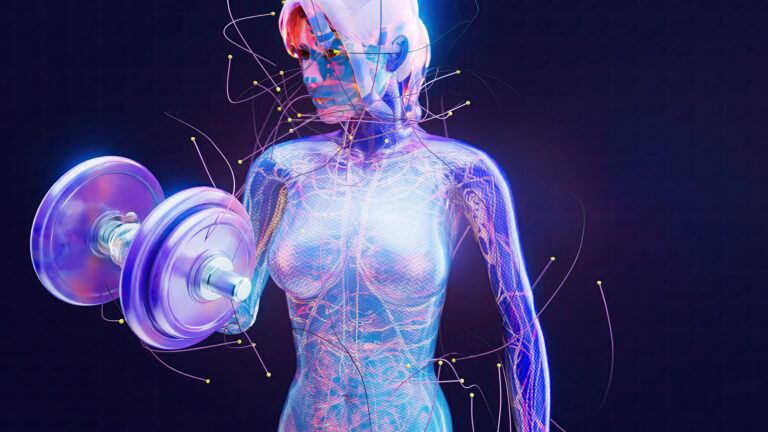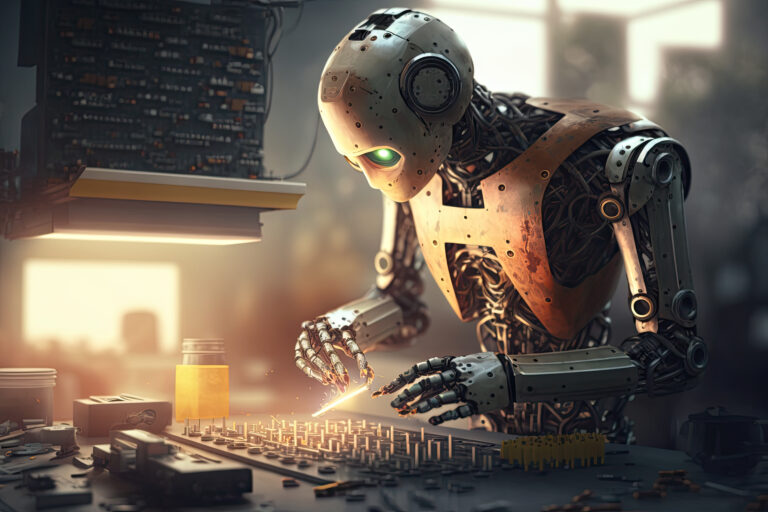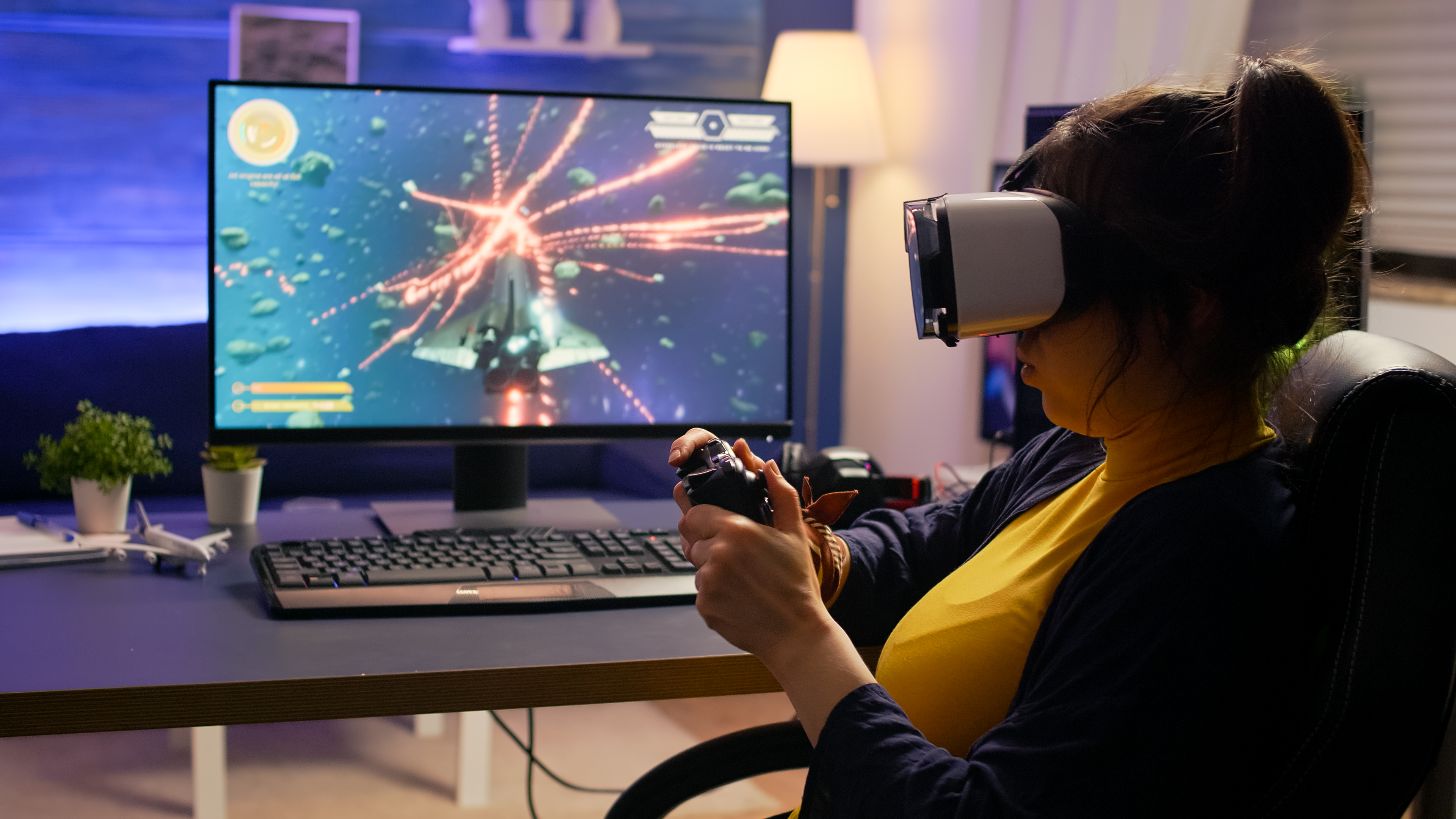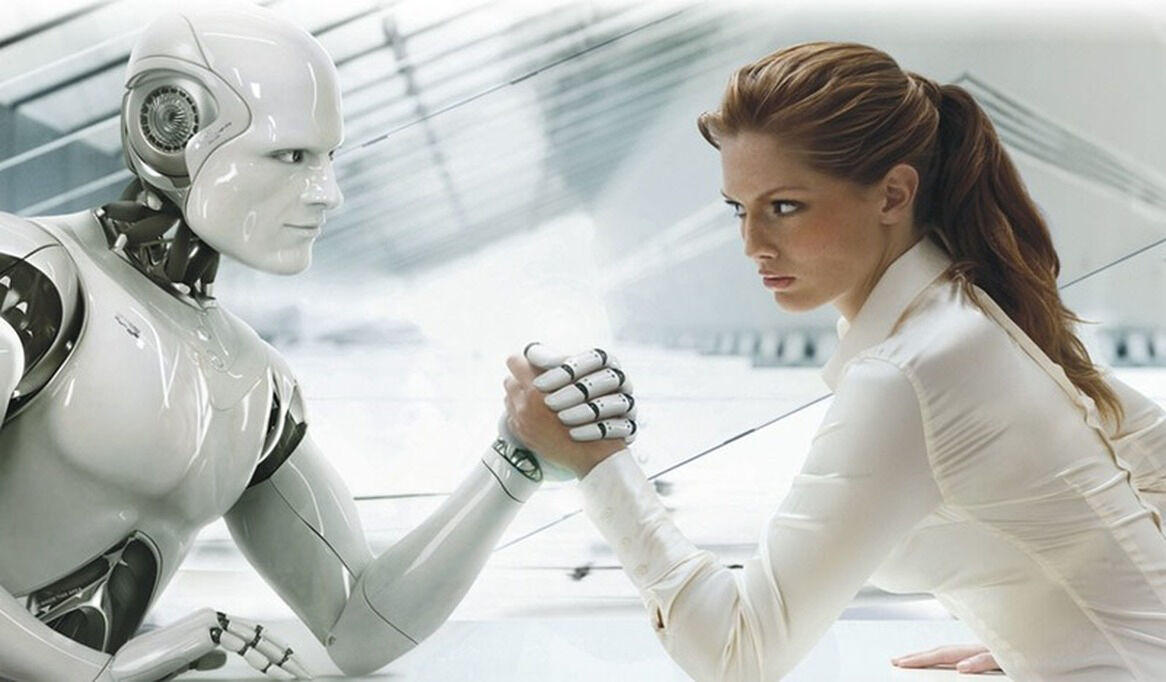The digital revolution has transformed the way we experience the world, and the music universe has not been left out of this change. Artificial Intelligence (AI) has been redefining the creation, production and even distribution of music, paving the way for innovations that are shaking up the traditional structures of the industry. Whether you are passionate about music, technology or both, get ready to discover how AI is infiltrating studios, inspiring composers and personalizing experiences for millions of listeners around the world.
The Convergence Between Music and AI
Just a few years ago, the idea of a computer composing a symphony or an algorithm recommending the perfect playlist seemed like the stuff of science fiction. Today, Artificial Intelligence is a reality that directly impacts the music scene, transforming everything from the creation of melodies to the way we consume and share music. This technology not only enhances the creativity of artists, but also democratizes access to music production, allowing independent musicians to have powerful tools to innovate and stand out in the market.
The integration of music and AI has two main pillars: content creation and personalization of the user experience. Through advanced algorithms, it is possible to generate original compositions, remix existing works and even identify consumption patterns to offer personalized recommendations. This fusion of art and technology is opening up new possibilities and questioning the limits of human creativity.
The Revolution in Music Creation
1. Automated Composition and Expanded Creativity
One of the most surprising impacts of AI on music is its ability to create compositions autonomously. Tools based on machine learning algorithms can analyze thousands of scores, identify harmonic patterns and generate new melodies that often break away from traditional clichés. This does not mean that human creativity is being replaced – rather, it is being enhanced.
-
Composition Tools:
Programs like AIVA (Artificial Intelligence Virtual Artist) and Jukedeck are transforming the way we create soundtracks for movies, games, and commercials. These systems use historical data and deep learning techniques to compose music that adapts to different emotions and scenarios. -
Exploration of New Genres:
By mixing styles and creating unexpected transitions, AI enables experimentation with hybrid musical genres, giving artists the freedom to innovate without being bound by pre-established rules. -
Human-Machine Collaboration:
Instead of competing with composers, AI serves as a creative partner. Many artists are using these tools to find new ideas, overcome creative blocks, and experiment with arrangements that would have been previously unthinkable.
2. Music Production and Process Automation
Beyond composition, AI plays a key role in music production. From fine-tuning each note to the final mastering of the track, algorithms can streamline processes that previously required hours of manual work.
-
Automated Mixing and Mastering:
AI-powered software like LANDR can analyze a song and automatically apply equalization and compression techniques, ensuring professional sound quality. This allows independent musicians to produce high-quality tracks without the need for an expensive studio. -
Sound Data Analysis:
Algorithms can identify imperfections, suggest adjustments, and even predict how certain changes will impact the audience’s reception of the music. This precision helps to raise the standard of production and reduce costs.
Personalizing the Listener Experience
1. Smart Recommendations on Streaming Platforms
AI has transformed the way we discover music. Streaming services like Spotify, Apple Music and Deezer use advanced algorithms to analyze our listening history, preferences and even perceived moods in our music choices, offering recommendations that feel like they were made just for you.
-
Personalized Playlists:
Based on user behavior, AI creates playlists that fit the taste and the moment, ensuring that each listening session is unique and personalized. -
Discovering New Talent:
By identifying patterns and trends, algorithms can suggest emerging artists who would otherwise go unnoticed, democratizing access to new voices and styles.
2. Interaction and Engagement with the Public
Personalization goes beyond recommendations. AI enables platforms and artists to engage with their fans in deeper, more meaningful ways.
-
Real-Time Feedback:
By analyzing listeners’ reactions – such as likes, shares and comments – algorithms can help artists adjust their strategies and even modify parts of a song to better suit audience tastes. -
Immersive Experiences:
With the rise of virtual and augmented reality, AI is paving the way for interactive music experiences where fans can actively participate in virtual concerts and exclusive events.
The Impact on the Music Industry
1. Transformation of Business Models
The integration of AI into music is revolutionizing traditional business models, creating new opportunities and challenging existing structures.
-
Monetization of Personalized Content:
With increased personalization, platforms can offer premium services and exclusive experiences that adapt to each user’s interests, increasing loyalty and engagement time. -
New Forms of Licensing:
Music composed or co-created with AI raises questions about copyright and monetization, requiring a rethinking of traditional laws and contracts. This transformation could lead to more flexible and innovative licensing models.
2. Ethical and Authorship Challenges
While AI brings numerous advantages, it also raises ethical and legal issues that need to be discussed and resolved.
-
Intellectual Property:
Who owns the rights to a song created by an algorithm? This is a question that is still open and that challenges the traditional concept of authorship in music. -
Impact on Musicians’ Careers:
Automation and AI-assisted composition may, in some cases, reduce the need for certain professionals. On the other hand, they may also open up new opportunities for artists who adapt to the new tools. -
Transparency of Algorithms:
It is essential that the algorithms used to compose and recommend music are transparent, avoiding biases that could limit musical diversity and favor certain styles or artists.
Practical Examples and Success Stories
1. AIVA – The Virtual Composer
AIVA (Artificial Intelligence Virtual Artist) is one of the most iconic examples of the use of AI in musical composition. Trained on a vast repertoire of classical works, this artificial intelligence is capable of creating original compositions that are close to the style of the great masters of music. Used for soundtracks in films, games and advertising campaigns, AIVA demonstrates how technology can be a powerful ally in artistic creation.
2. OpenAI Jukebox
OpenAI Jukebox is an ambitious project that uses neural networks to generate complete songs with lyrics, melodies, and harmonies. Capable of producing tracks in a variety of styles and genres, this tool not only surprises with the quality of its compositions, but also raises questions about the limits of algorithmic creativity and the relationship between machine and artist.
3. Spotify and Playlist Personalization
Spotify has revolutionized the music experience by investing heavily in recommendation algorithms. The creation of playlists such as “Discoveries of the Week” and “New Releases Radar” are the result of a thorough analysis of users’ consumption habits, demonstrating how AI can transform the way we discover and interact with music.
Challenges and Opportunities for the Future
Challenges to be Overcome
-
Ethical Integration:
Balancing technological innovation with ethics in music creation and distribution is a challenge that needs to be faced with dialogue between developers, artists and legislators. -
Quality vs. Quantity:
While AI enables the creation of large volumes of content, it is essential to maintain the standard of quality and originality that makes music such a valuable art form. -
Professional Adaptation:
Musicians and producers need to adapt to a new scenario where digital tools become essential. Investing in training and constant updating is essential to avoid being left behind.
Unprecedented Opportunities
-
New Genres and Styles:
AI has the potential to create sounds and musical fusions that have never been explored before, paving the way for new genres and styles that can conquer audiences around the world. -
Global Collaboration:
AI-based platforms enable collaboration between artists from different parts of the world, integrating diverse cultures and styles into unique and innovative compositions. -
Democratization of Musical Creation:
Accessible and low-cost tools allow anyone with creativity to compose, produce and distribute their music, democratizing access to the music market and boosting artistic diversity. -
Interactive Experiences:
The integration of AI, virtual and augmented reality is paving the way for immersive musical experiences, where the audience is not just a spectator, but an active part of the performance, transforming shows and events into unforgettable experiences.
The Future of Music Is at the Intersection of AI
Artificial Intelligence is reshaping the music landscape in revolutionary ways. From composition to production and personalization of the listener experience, technology is creating new ways to connect with music, expanding horizons and challenging traditional concepts of creativity. While ethical challenges and questions of authorship are emerging, unprecedented opportunities for innovation, collaboration and democratization are opening up.
For artists, producers and enthusiasts, the path forward is clear: harness the tools that AI offers, adapt to change and explore new possibilities with courage and creativity. The future of music will not only be written by composers and conductors, but also by intelligent algorithms that enhance art and transform the way we experience it.
The musical revolution has already begun, and those who know how to reinvent themselves and take advantage of these innovations will have the chance to lead a new era in the world of sound. Technology does not replace human passion and sensitivity – it enhances them, creating a synergy that can take music to previously unimaginable heights. Therefore, whether you are an art lover or a professional in the field, be sure to explore the power of Artificial Intelligence and position yourself at the forefront of this transformation.

